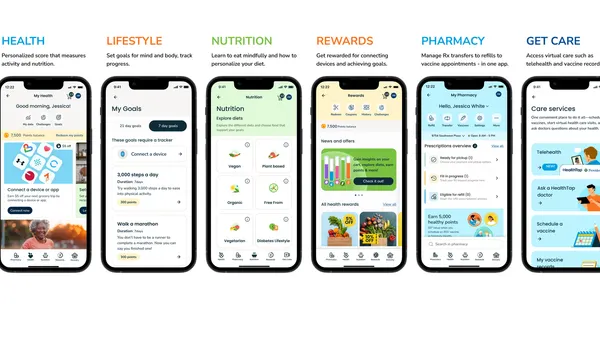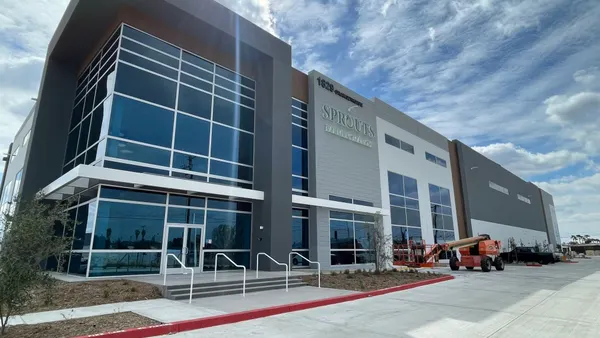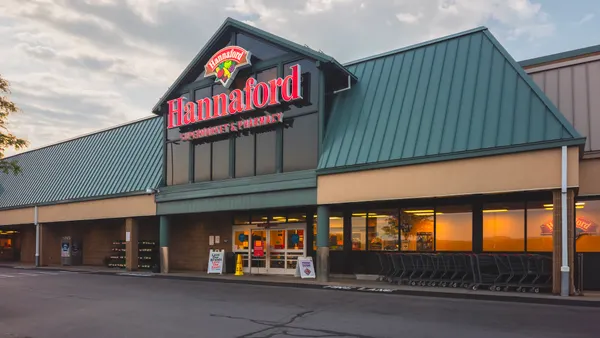German discounter Aldi is on a mission to deepen its U.S. presence, and that rapid growth is altering its supply chain.
During its inaugural supplier summit last week, Aldi executives said that its store expansion across the U.S. is leading the company to change the ways it typically works with suppliers.
Aldi used the hour-and-a-half event last Monday to update suppliers on its store growth plans, share its expectations for suppliers and discuss how the two sides can work together better.
Over the next five years, Aldi is looking to grow its U.S. footprint by 30% with the addition of 800 new stores — the fastest growth rate in the company’s history.
Aldi’s growth includes deepening its presence in the Midwest and expanding in Southern California, the Northeast and Phoenix, executives said during the event. The discounter also plans to enter new markets, such as Las Vegas, and convert a significant number of stores it acquired from Southeastern Grocers to the Aldi format, Aldi USA CEO Jason Hart said during the event.
That fast-paced store count growth is making Aldi more open to amending the length and type of supplier agreements it's used to setting, executives said during the event.
“Because of this ambitious growth, we’re committed to doing things differently, and after hearing your feedback, we’re more open to long-term agreements than ever before. We need you to feel comfortable to grow with us,” said Joan Kavanaugh, vice president of national buying at Aldi USA.
Executives said Aldi wants to build transparent, long-term partnerships with its suppliers.
According to survey results Aldi executives shared during the event, many of its suppliers are interested in long-term agreements or joint business plans. Many suppliers are also seeking additional technology support, according to the survey.
Recognizing a need to improve long- and short-term forecasting, Aldi said it is expanding its centralized ordering teams, which handle reporting for key product management-related metrics, to provide more consistent ordering patterns.
“We need to proactively identify where we can close any supply gaps between your production capacity and the Aldi customer demand,” Kavanaugh said.
As Aldi works on improving its supplier relationships, it’s asking more of these companies. Suppliers need to be willing to "double down on innovation, quality, speed to market, availability, sustainability and cost,” Hart said.
“We are not looking to cut costs by taking your margin, we are looking to cut costs by working alongside you to become more efficient,” he added.
During the event, Aldi also outlined its sustainability goals, which include science-based targets. Goals for 2025 include making all of its exclusive packaging reusable, recyclable or compostable and having 90% of its food and operational waste diverted from landfills. By 2050, the discounter aims to achieve net-zero emissions.
Aldi stressed during the event that its supplier partners need to prioritize sustainable business practices as the discounter focuses on achieving its own sustainability goals.
“Sustainability is no longer a nice-to-have — it is a must-have,” Kavanaugh said, noting that its shoppers are placing more emphasis on buying sustainable products.












